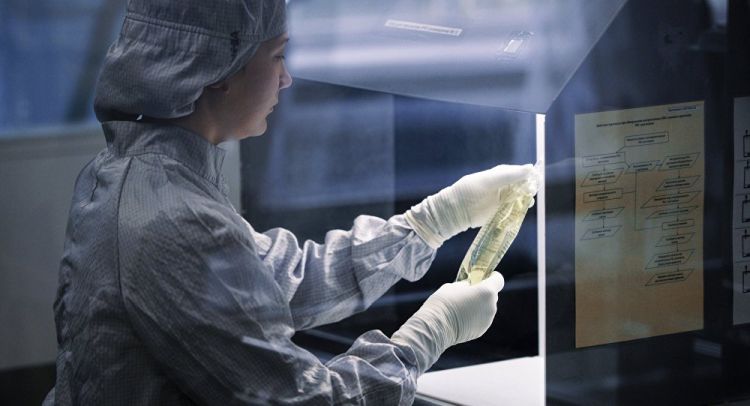The Central Council President Ali Eroğlu, who published a statement within the framework of the World Antibiotic Awareness Week activities announced by the World Health Organization (WHO) between 18-24 November this year, stated that Antibiotic resistance and announced that they aim to raise public awareness about rational antibiotic use.
Antibiotics serve as the cornerstone of modern medicine, said Eroglu said: “The presence and use of antibiotics for animals is essential to ensure animal health and welfare. Veterinarians are responsible for protecting human health from the aspect of animal health, zoonotic diseases and food safety. The continuous use and misuse of antibiotics in human and animal health leads to the emergence and spread of antibiotic resistance, which triggers two main problems.
These; 1- As a result of consuming foods containing antibiotic residues, bacteria in the human body develop resistance to antibiotics.
2-The development of resistance to antibiotics used unconsciously against bacterial diseases in animals and the transmission of these resistant bacteria to humans. Antimicrobial resistance and food safety have become more important than yesterday. Today, 700 thousand people die annually due to antibiotic resistant infections, if new and effective antibiotics can not be developed and the development of resistance can not be prevented in 2050 10 million people will die of antibiotic resistance is reported.
The cost of unconscious antibiotic use in the world is 100 trillion dollars
Scientists are concerned that even the simplest microbial disease treatment will become very difficult in the future if not taken measures, said Eroglu said. This means more than 100 trillion US Dollars in the world Antibiotic resistance is a common problem of all the countries of the world. (WHO), World Animal Health Organization (OIE), United Nations Food Organization (FAO), World Veterinary Association (WVA) and European Federation of Veterinary Medicine (FVA). Conscious use of drugs and especially antibiotics used in veterinary medicine is extremely important. First of all, preventive medicine is more important than treatment and its economic cost is low. Vaccination programs in animal husbandry, good care / feeding and ensuring animal welfare conditions significantly reduce the need for medicines.
Before applying antibiotics, antibiotic susceptibility tests should be performed against the bacterial agent and the drug to be used accordingly should be determined. Antibiotics as narrow as possible should be preferred, should be administered in adequate doses and as soon as possible in accordance with the prescription. The prevalence of resistance in various bacteria in the region should be well known and scientific research should be given importance for this purpose.








